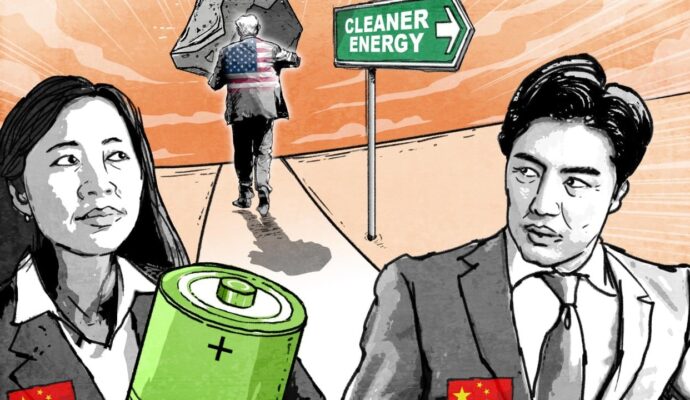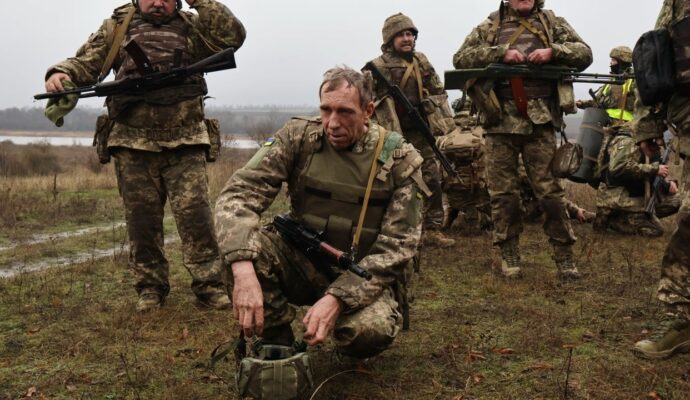During his meeting with Palestinian leader Mahmoud Abbas in Beijing earlier last month, Chinese President Xi Jinping restated China’s willingness to “play a positive role” to solve the Palestinian-Israeli conflict, one of the world’s most enduring conflicts.
Weeks later, Israeli Prime Minister Benjamin Netanyahu confirmed that he had received an invitation for an official visit to China. While it remained unclear if or when the trip would take place, it has raised speculation that Beijing may step in to resolve the conflict.
The peace process between Israelis and the Palestinians has been stalled since 2014, and hopes for a resumption of talks have dimmed as violence in the West Bank has escalated over the past year. The negotiations, which envision the formal establishment of a Palestinian state, have become increasingly uncertain as doubts grow about the credibility of the political leadership of 87-year-old Palestinian Authority president Abbas.
Making peace is like dancing, and you need two dancers, but unfortunately, the situation in Israel is not conducive
Meanwhile, Israel, which has been pushing to expand Jewish settlements in occupied land, remains mired in political crisis as its hardline nationalist government seek to curb the power of the Supreme Court to overrule government actions, triggering months of mass protests from those opposed to the judicial reform.
Mehdawi acknowledged that the situation for any mediation effort at the moment was difficult.
“Making peace is like dancing, and you need two dancers, but unfortunately, the situation in Israel is not conducive,” Mehdawi said at the embassy in Beijing.
“We can safely say as Palestinians now don’t have a partner right now with whom we are going to make peace,” he said, adding that the political division within Israel had made peace negotiations more challenging.
“It’s not a favourable situation at this moment, and I think this is where the dilemma [for] China comes.”
Meanwhile, a major geopolitical realignment is taking place in the Middle East, with Beijing’s role as a power broker boosted after it helped to restore diplomatic ties between rivals Saudi Arabia and Iran, easing years of animosity between the Sunnis and Shia Muslim-dominated countries.


